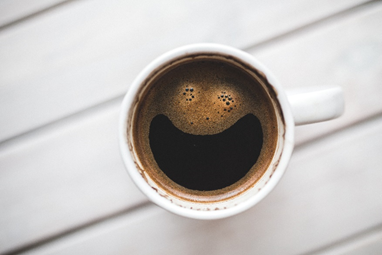If carbonated soft drinks are part of your normal daily routine, you may be causing serious damage to your teeth. Recent studies have found soft drinks to be among the most potent dietary causes of tooth decay. Soft drinks have also been implicated in increases of obesity, type 2 diabetes, and other serious health conditions. Before you shop for beverages this week, consider a few things you should know about soft drinks.
Most soft drinks contain substantial amounts of sugars, which interact with the bacteria in your mouth. This interaction produces a form of acid that can damage your teeth for about 20 minutes. Each time you take a drink, you reset that time window. If you consume throughout the day, you are essentially bathing your teeth in that beverage for hours.
Most soft drinks contain acids, as well. Even sugar-free varieties contain acids that can weaken the enamel on your teeth. Colas and citrus-flavored soft drinks tend to have the highest levels of acid. Over time, this weakening of tooth enamel has a cumulative effect. This can lead to decay and even tooth loss if not addressed in early stages.
Obviously, the best solution is to stop consuming carbonated soft drinks. However, it can be a difficult habit to break. Here are some tips to help reduce your risks of tooth damage from these beverages:
- Drink in moderation. Too much sugar and acid will eventually cause damage.
- Try sparkling water. This provides the fizzy sensation without all the sugar and acid.
- Drink more water. You will crave soft drinks less when you are fully hydrated.
- Don’t sip. The longer you spend drinking, the more time sugars and acids are reacting with your teeth.
- Use a straw. This can help keep the sugars and acids away from your teeth.
- Rinse with water after drinking to dilute acids and sugars.
- Don’t brush immediately. Wait at least 30 minutes for acids to be neutralized by saliva before brushing.
- Practice good dental hygiene, including brushing, flossing, and regular professional cleanings and exams.
Carbonated soft drinks can be harmful to your oral and overall health. Be mindful of how often you consume them and consider reducing or stopping your use of these dangerous beverages. If your teeth are already showing the effects of weakness and discoloration, dental veneers are a strong and stain-resistant cosmetic solution.
For more oral health tips or to schedule an appointment, contact our office.
4760 Liberty Ave.
Pittsburg, PA 15224
Phone: (412) 867-2005






